The Aug. 28, 1963 March on Washington, DC for Jobs and Freedom is a landmark event that was a protest against racial segregation and civil rights in the United States of America. I attended that historical march and two subsequent anniversaries, Aug. 28, 2013 and Aug. 26, 2023.
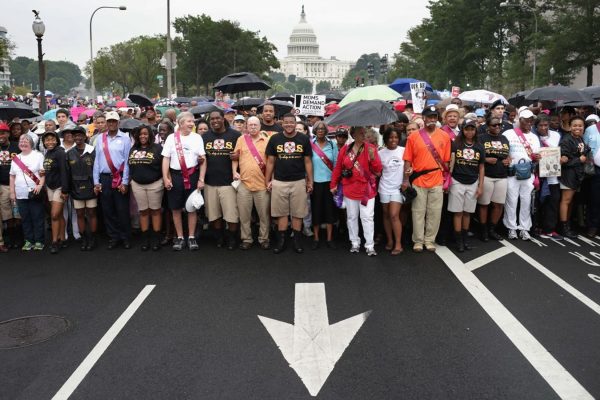
The March was organized by major civil rights organizations including the National Urban League, National Association for the Advancement of Colored People, Student Nonviolent Coordinating Committee, National Association of Letter Carriers, and Congress of Racial Equality. It included 200,000 or more protestors from all walks of life. At the March, the late Rev. Martin Luther King Jr. delivered his “I Have a Dream” speech.
The March stressed social and economic injustices of African-Americans, including violations of constitutional rights and jobs. The March influenced the passing of some federal laws for civil rights and voting.
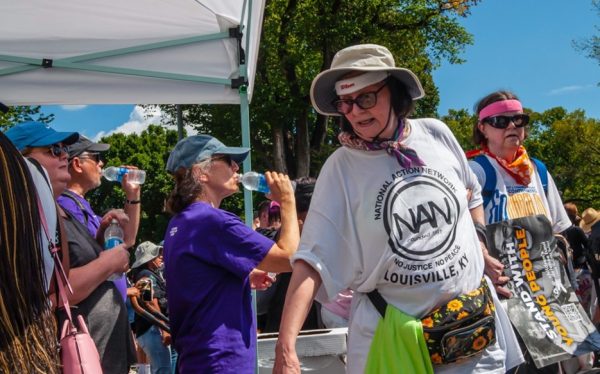
I, myself, attended segregated schools in Harrisonburg, Virginia and participated in diner and theatre civil rights sit-ins while a student at a state college. The Jim Crow Laws legalized racial segregation. The racially segregated public school I attended was equipped with inadequate supplies, including hand-me-down books no longer used by the white schools and insufficient curricula. Restaurants, theatres, water fountains, beaches and trains had separate but unequal uses of services for Blacks and whites. Jobs, voting and participation in civic affairs were controlled by the white leaders. Due to the unfair treatment of blacks during the 60s, I joined other African Americans in protesting the Jim Crow Laws.
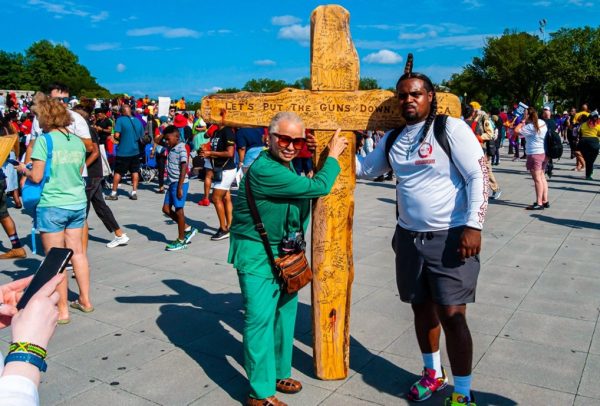
College and community organizers selected light-skinned blacks as front-liners to march downtown on Sycamore Street to the Century Theatre in Petersburg, VA. As we marched, we carried signs and sang civil rights movement freedom songs as “We Shall Overcome,” “We Shall Not Be Moved,” and “Lift Every Voice and Sing.” At the theatre, I followed instructions and sat downstairs quietly with others until asked to go sit upstairs. At such time, I left the theatre and joined the other protestors. I had a similar experience while protesting with a group in Richmond, VA.
At age 17, I caught the Greyhound bus to NYC to visit my oldest sister, Margaret. Early on Aug. 28, 1963 we traveled on a chartered bus from New York City to Washington to the protest in pursuit of the struggle for African American equality. As a demonstrator, I followed alongside my sister walking, singing and listening to the speakers.
When I attended the 50th and 60th Anniversaries of The March, I reflected on my previous experience in 1963. Younger leaders are enforcing the continuance theme for active involvement for jobs, freedom and voting.
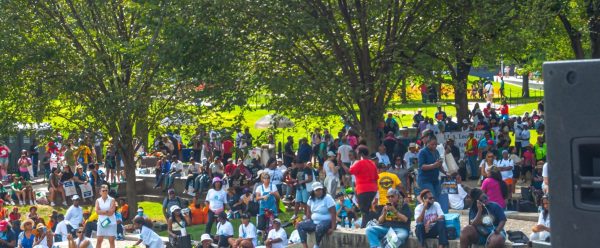
It would be beneficial for Montgomery College students to read about the March and speak with those who participated in it. Students can better understand the following concepts: the state of our Nation’s social and economic injustices in early years preceding the 1950s and 1960s; the many struggles and sacrifices of Civil Rights leaders have endured; the importance of voting and being a change agent for generations to follow; and the importance of being actively involved in political and social groups for justice for all.




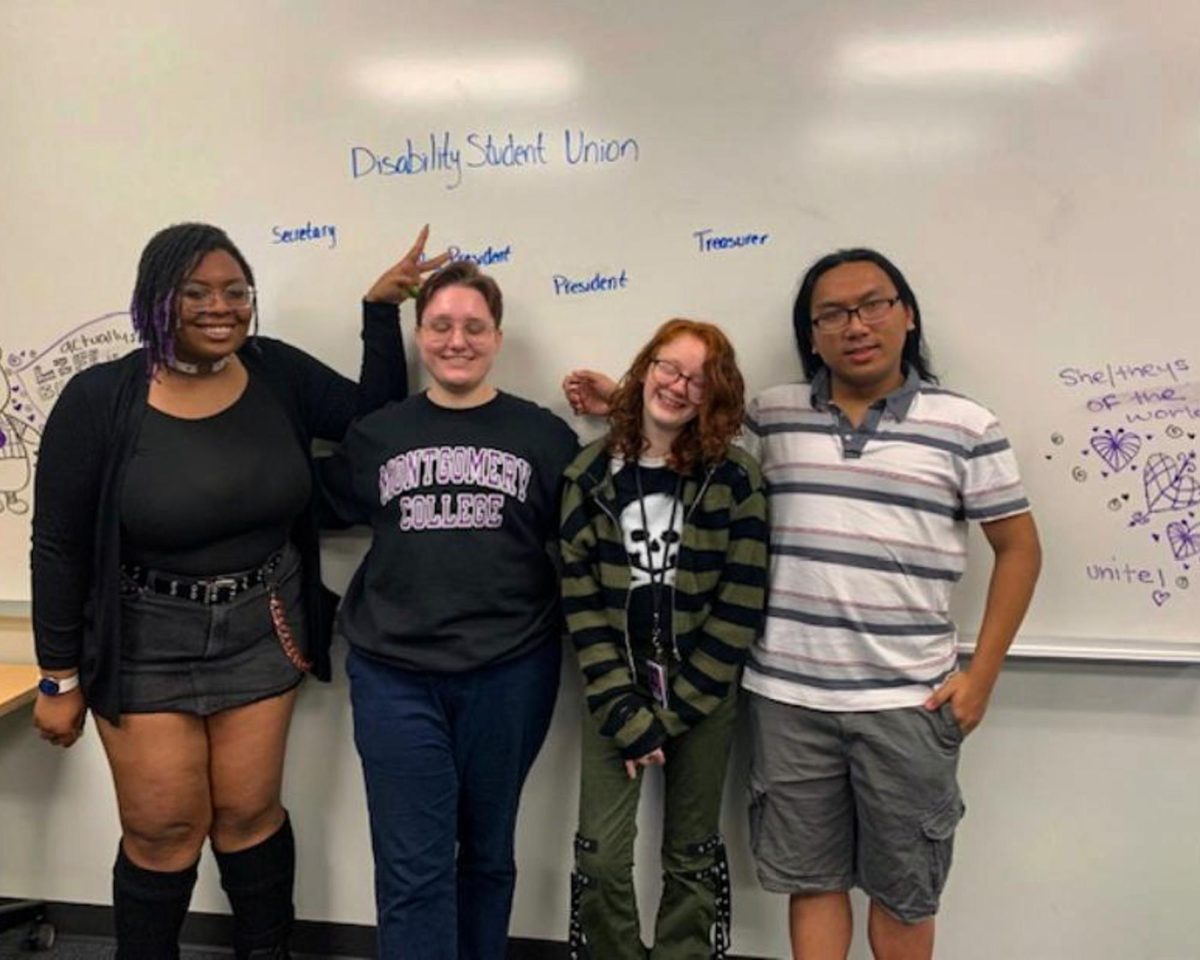
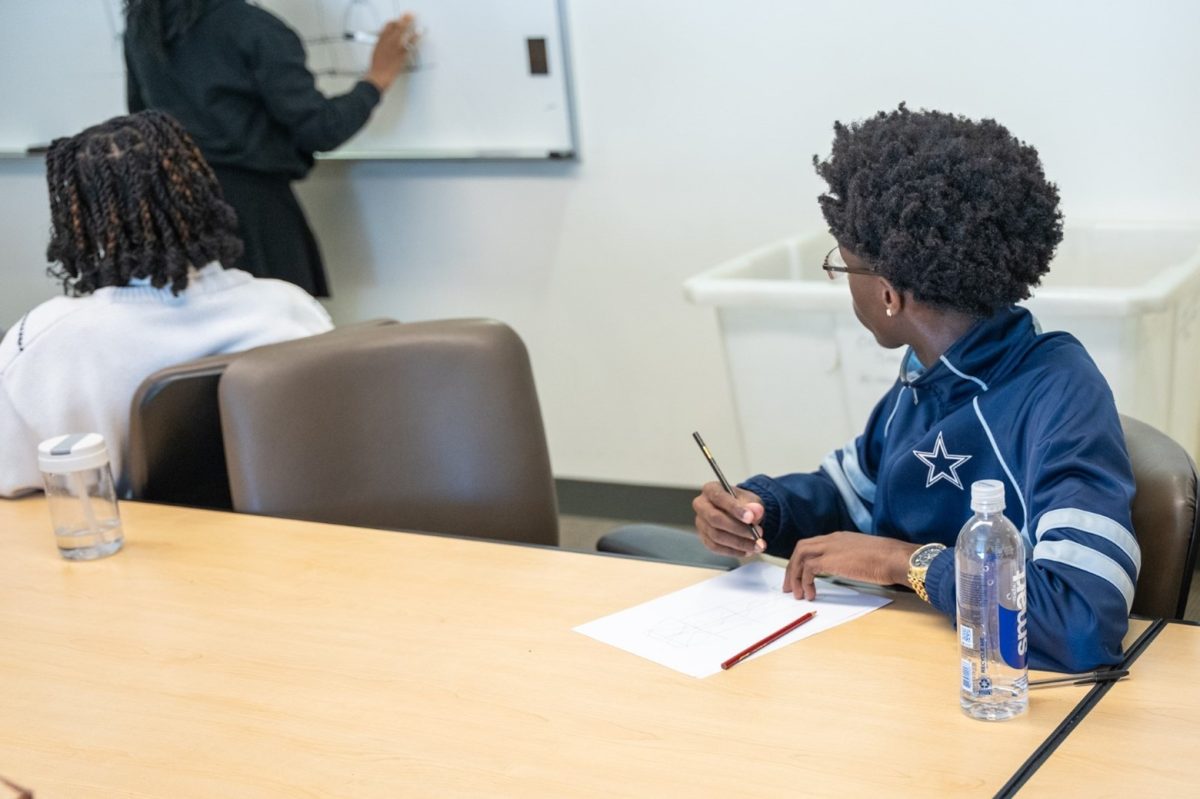

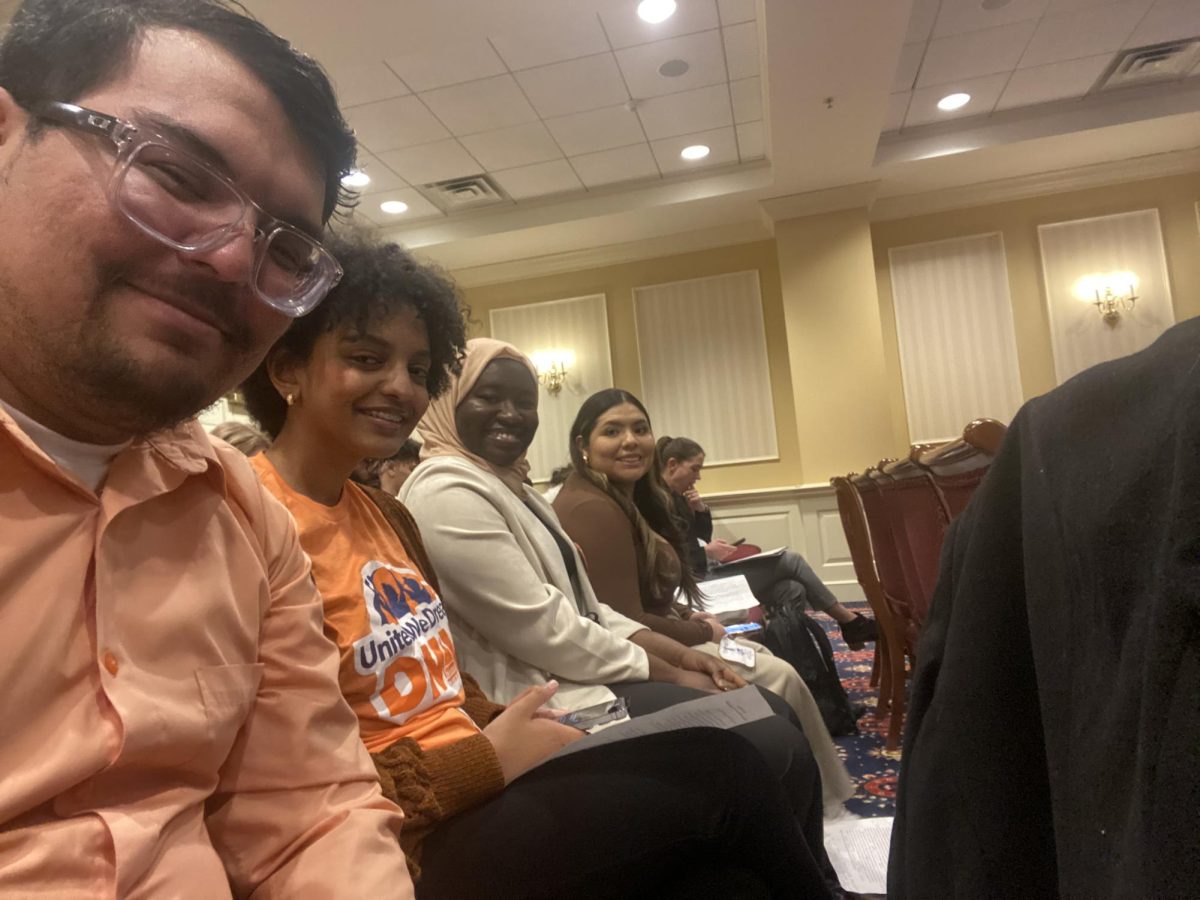
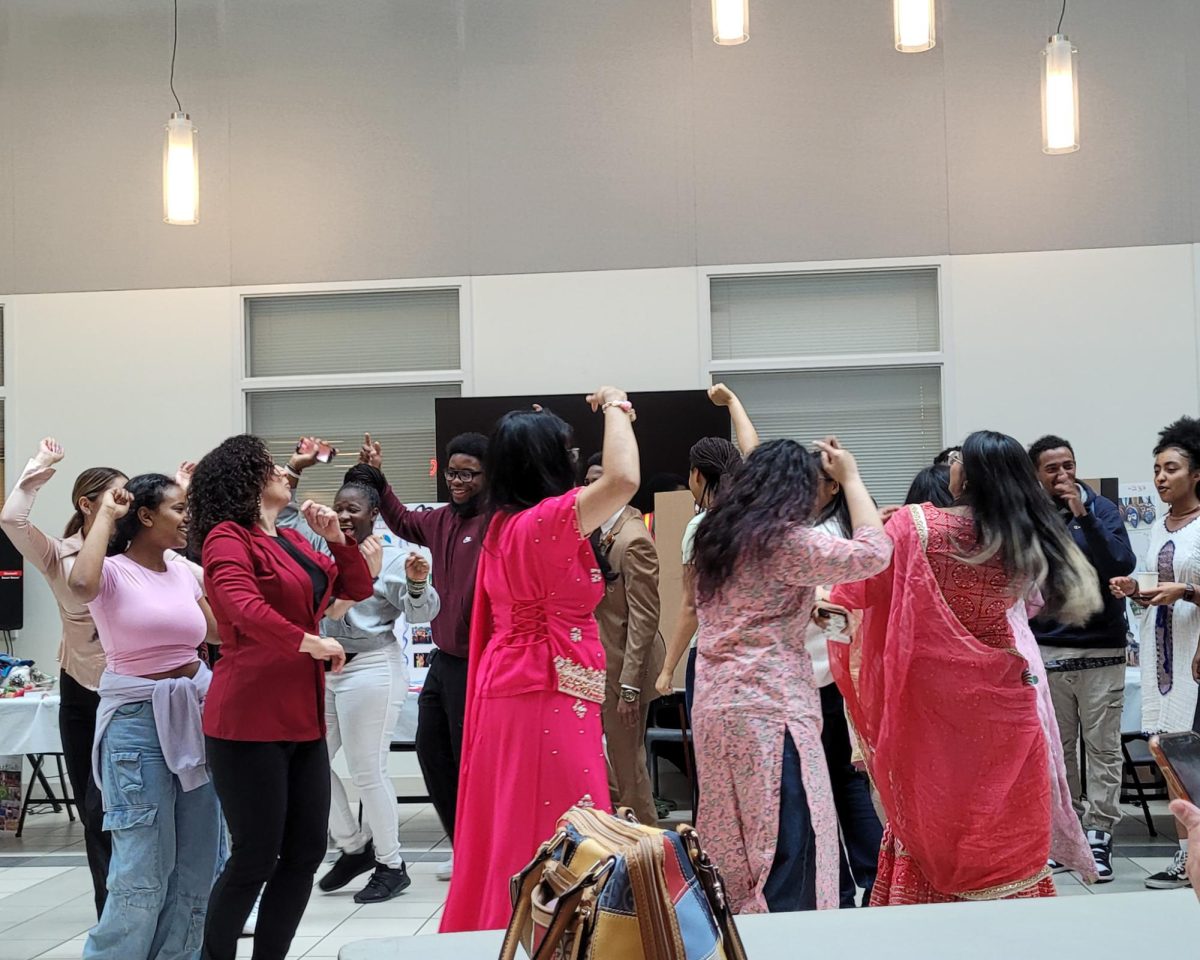
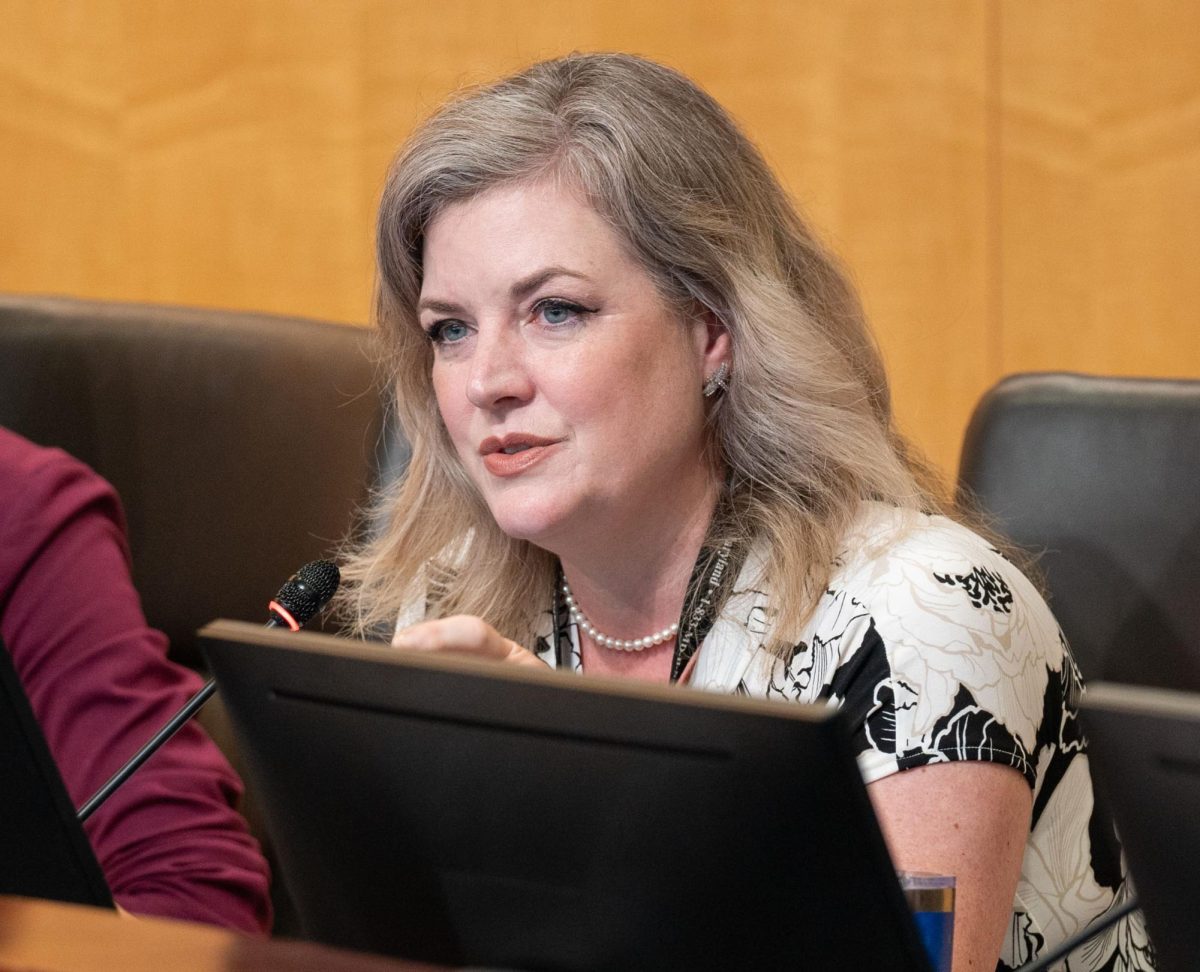
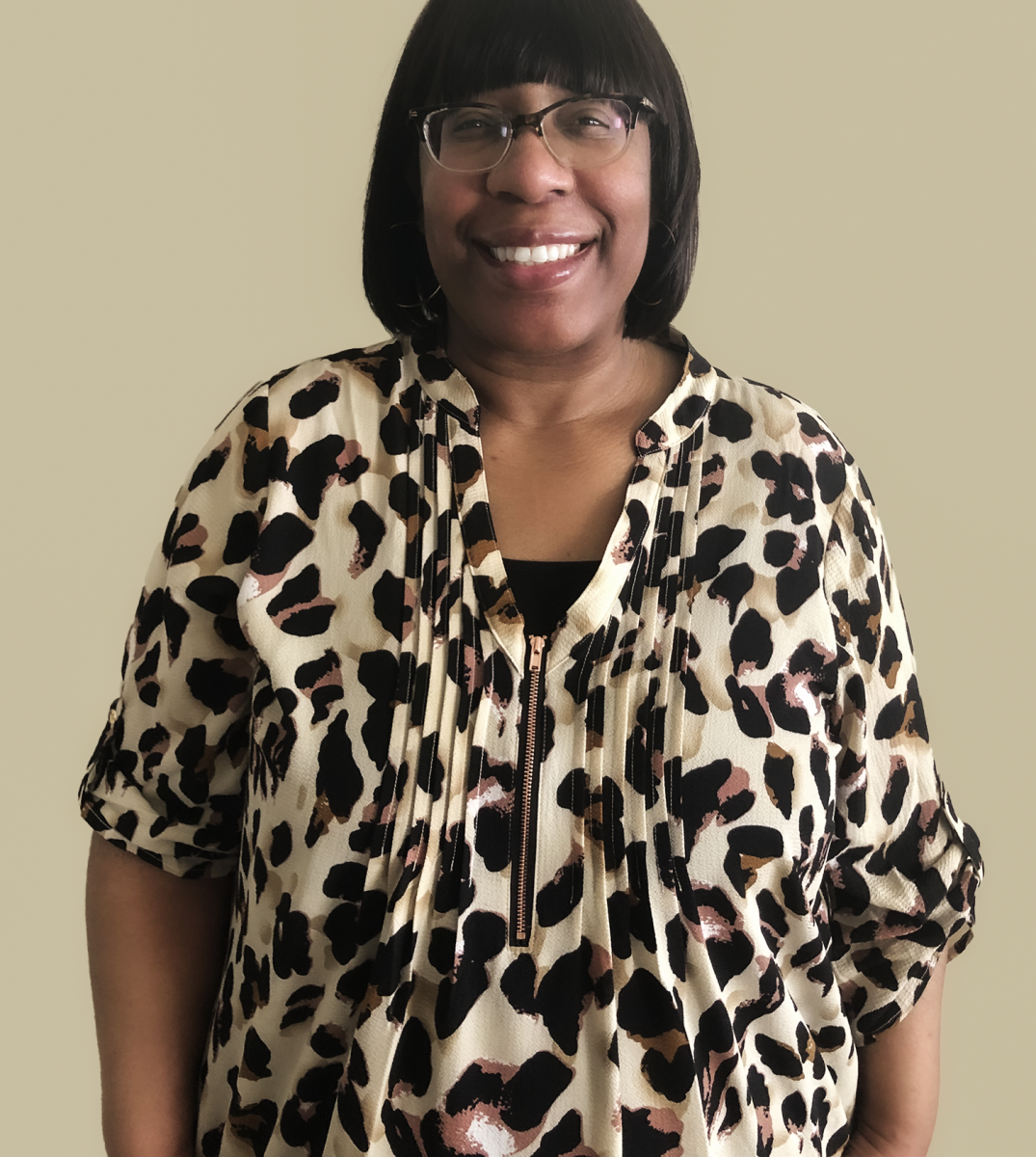

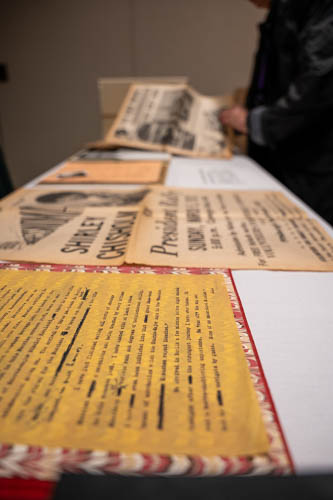

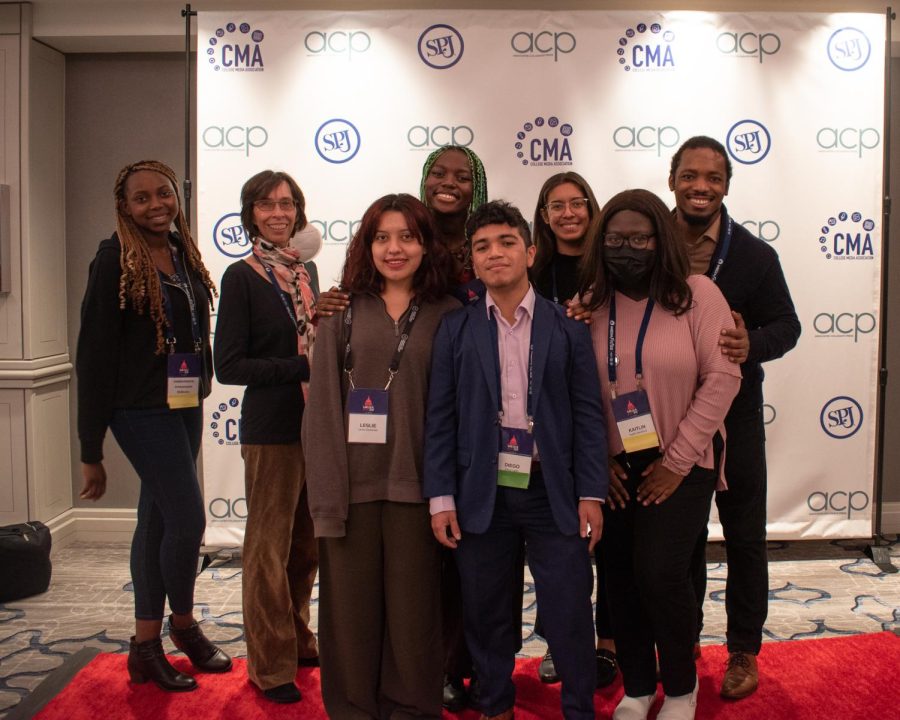
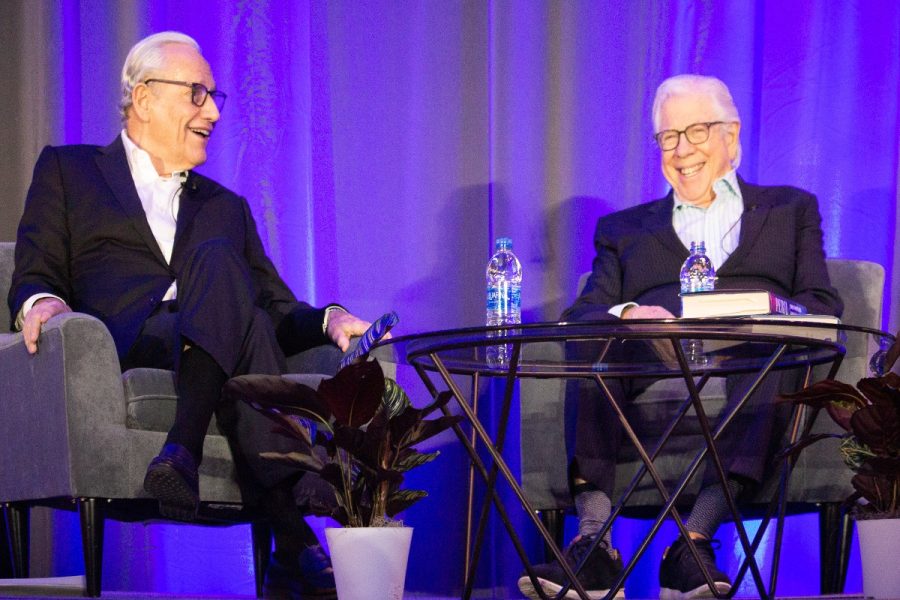
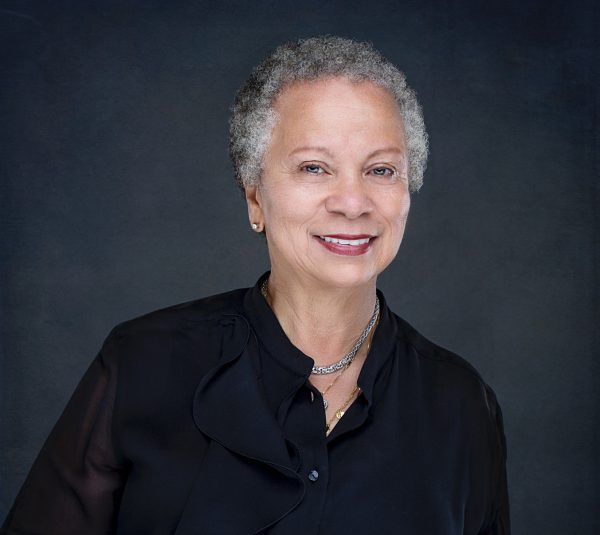
Melessa R Wallace • Dec 7, 2023 at 11:32 pm
This article provides insights on how The March on Washington of 1963, continues to impact those that attended. Those that attended are now trying to carry the torch to give meaning to “WHY MARCH”. Once you have attended a demonstration, you start to understand the changes that are needed for a better world. We become more involved in trying to make a change in our own communities and surroundings. Since the March on Washington of 1963, many changes in all political walks of life have changed. The people became aware of how Blacks were/are treated and realized we must make some changes.
The photography in this article is v very affective in helping to understand who all were involved: All people were/are involved..
Sylvia Mason • Dec 7, 2023 at 10:18 am
It is not only important for the students at Montgomery College to learn about the sacrifices made by generations before them, but to build and expand on those experiences. Many describe our today’s youth as the lost generation, but all of us, (meaning their elders), share in that blame in that we don’t emphasize enough our history as a people, and the face that there is still much work to be. We need to adopt and live by that slogan each one teach one if we expect any kind of real change.